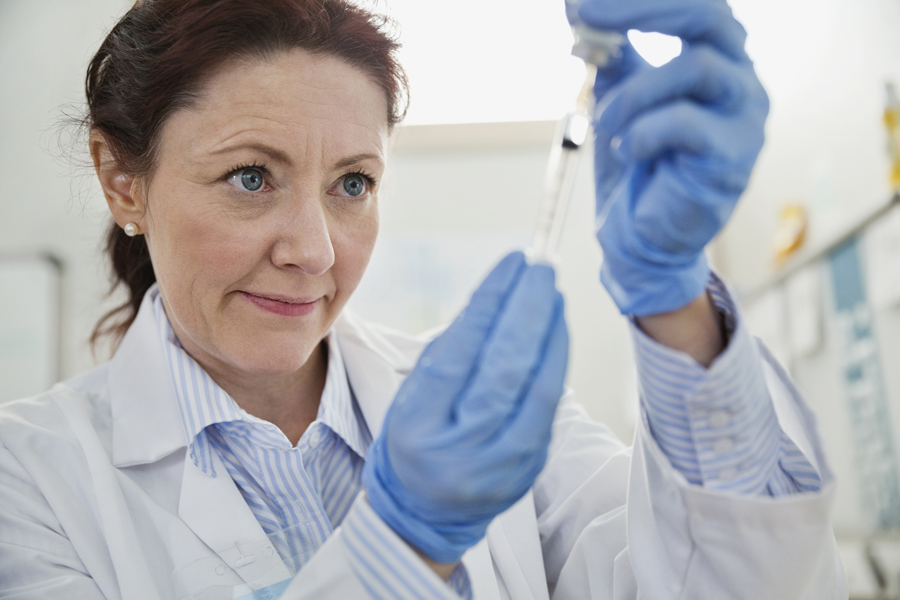Parents of children with autism are less likely to get their children fully-vaccinated after the autism diagnosis, according to a new study.

The study, published Monday in JAMA Pediatrics, examined the rates of vaccination of 3,729 American children with autism spectrum disorder, 592,907 children without, and their respective younger siblings. The children with ASD were all born between 1995 and 2010.
It found that 82 per cent of children with ASD between the ages of four and six years received all their recommended vaccinations on time, compared to 94 per cent of children without ASD. The younger siblings of children with ASD were also less likely to be vaccinated.
For vaccinations that children are recommended to get at ages 11 and 12, like HPV and whooping cough, researchers did not find any statistically significant difference between the ASD and non-ASD groups.
“There are obviously a lot of invalidated conspiracy theories, rumours out there that there’s an association between vaccines and autism that can be very scary to a parent,” said Dr. Kumanan Wilson, an immunization specialist at the Ottawa Hospital Research Institute and the University of Ottawa.

Get weekly health news
“There have been several studies looking at vaccines and autism spectrum disorder and they have not found an association.”
With that said, he thinks it’s important to not vilify the parents for not vaccinating their children. “You have to realize for these parents, in many cases, it can be very challenging for them to look after a child with behavioural difficulties,” he said. It could be that they’re afraid of vaccinating their children. Or, it could simply be that they’re having trouble finding the time.
Lyndon Parakin, executive director of the Autism Calgary Association, agrees. Although some people might have been influenced by erroneous research linking autism to vaccination, he thinks the biggest impediment is time.
“You’re busy implementing therapeutic strategies at home. You’re busy making appointments with psychologists and speech language pathologists and occupational therapists. You’re having to meet with funders, you’re advocating, you’re negotiating agreements for the services and supports. You’re looking for the right kind of educational program for the child.”
All of this, on top of the child’s difficult day-to-day care, could mean that parents put off vaccination as they try to address more immediate problems, he said.
- ‘Deeply ashamed’: Canadian Medical Association apologizes for harms to Indigenous peoples
- Kate Middleton marks quiet return to work following cancer treatment
- Health Canada gives 1 year to remove BVO from drinks. What are the risks?
- Never heard of eastern equine encephalitis? Cases are ‘likely underreported’
The number one reason why people don’t get their children vaccinated on time is logistics, Wilson said, so he imagines it would be particularly difficult for parents with an autistic child.
Although the researchers only looked at cases in which the parents were deemed to have refused the vaccine, the researchers acknowledge that doctors might be more likely to mark a “refusal” when the parent has a child with ASD.
However they also note that if anything, they may have underestimated the rates of vaccine refusal for all children since doctors don’t always consistently keep track.
There may be public health implications if enough children are unvaccinated against particularly infectious diseases like measles, Wilson said. “It’s a highly infectious condition that requires a high vaccination rate in the community to prevent spread, to get herd immunity.”
Further study needs to be done to determine exactly why these parents didn’t vaccinate their kids, he said, and to find out whether these children ever eventually got their vaccinations.









Comments